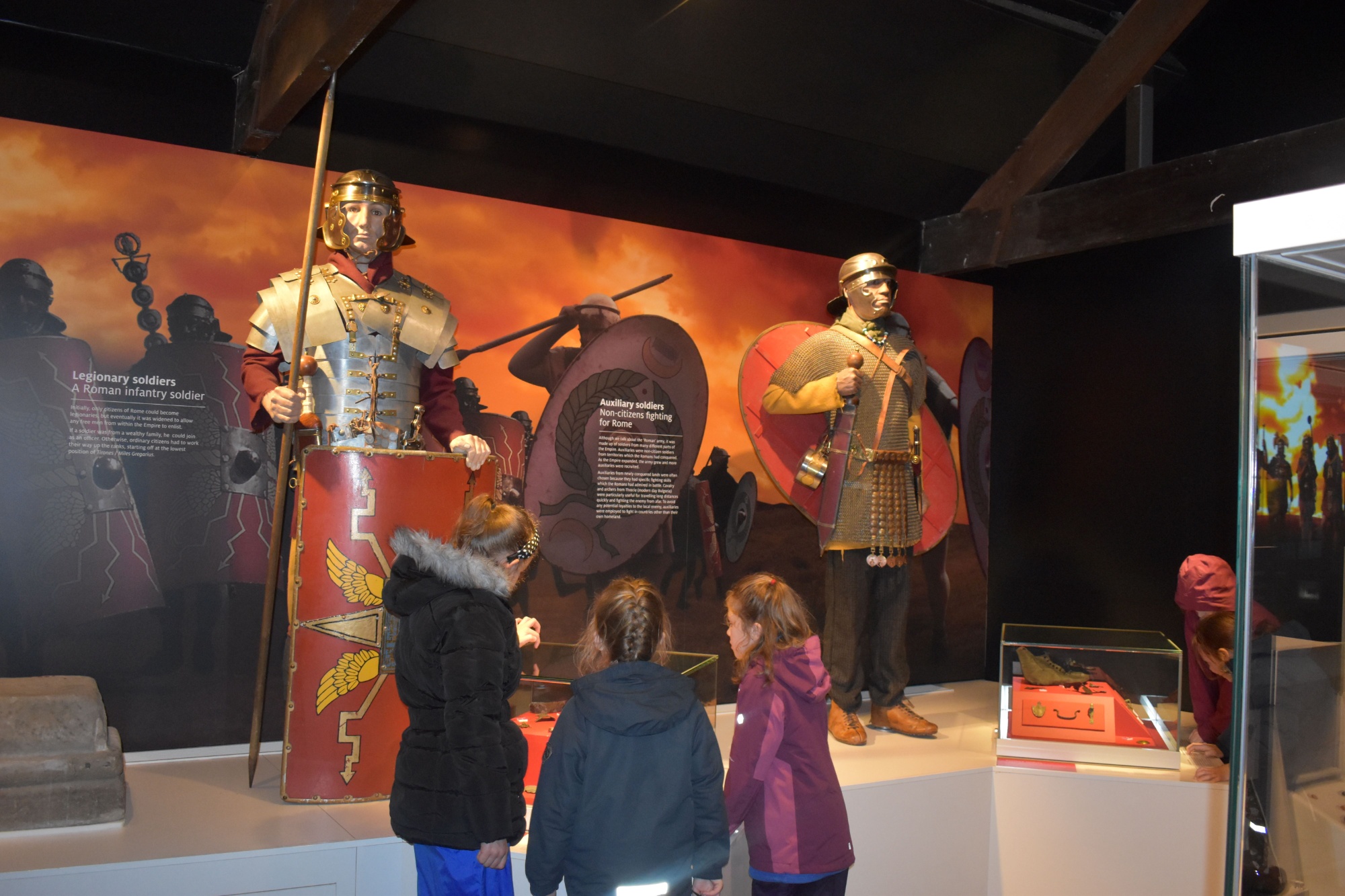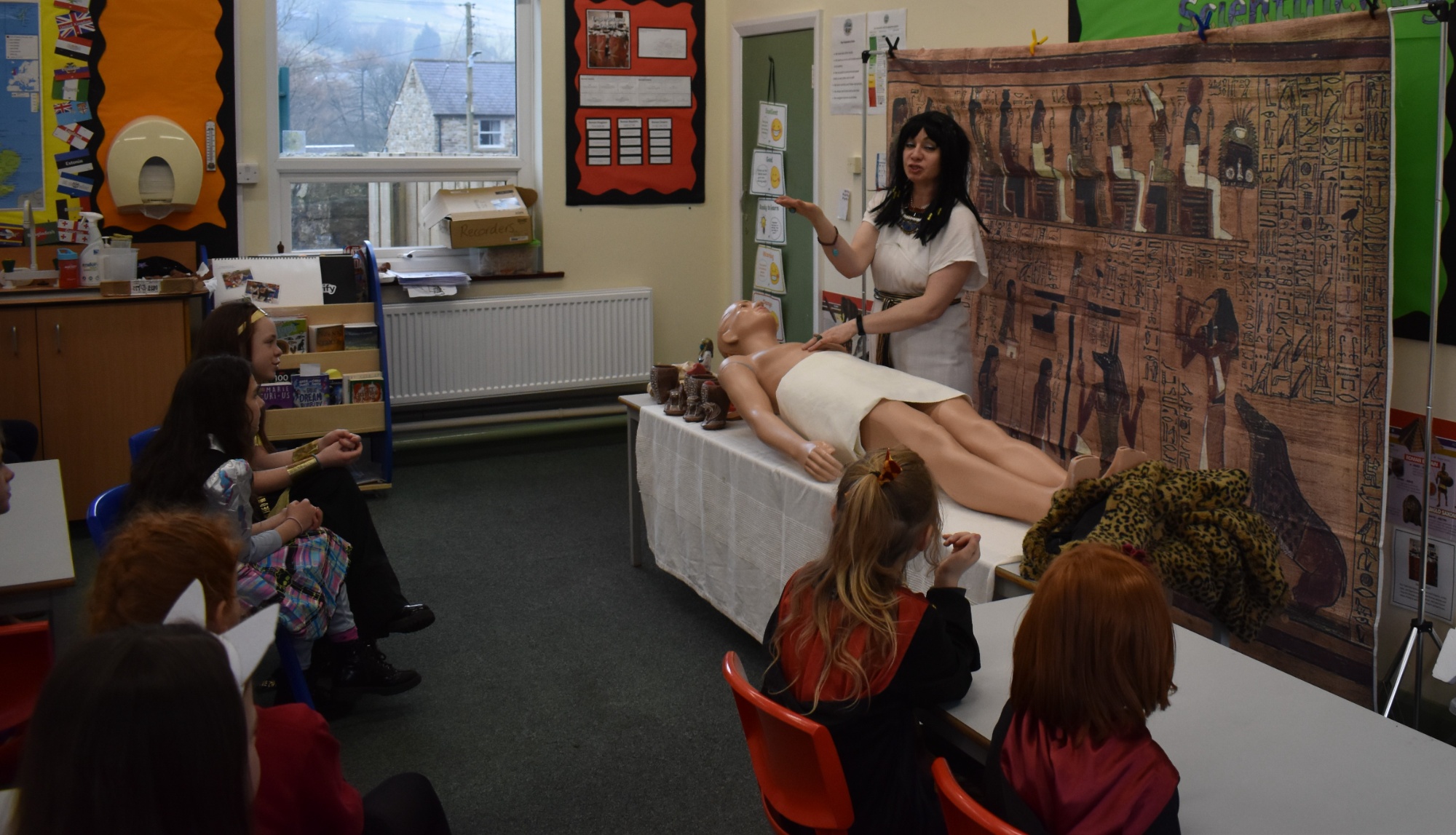

History
Curriculum – History
A high-quality history education will help pupils gain a coherent knowledge and understanding of Britain’s past and that of the wider world. It should inspire pupils’ curiosity to know more about the past. Teaching should equip pupils to ask perceptive questions, think critically, weigh evidence, sift arguments, and develop perspective and judgement. History helps pupils to understand the complexity of people’s lives, the process of change, the diversity of societies and relationships between different groups, as well as their own identity and the challenges of their time.
Aims
The Curriculum for History aims to ensure that all pupils:
-
know and understand the history of these islands as a coherent, chronological narrative, from the earliest times to the present day: how people’s lives have shaped this nation and how Britain has influenced and been influenced by the wider world;
-
know and understand significant aspects of the history of the wider world: the nature of ancient civilisations; the expansion and dissolution of empires; characteristic features of past non-European societies; achievements and follies of mankind;
-
gain and deploy a historically grounded understanding of abstract terms such as ‘empire’, ‘civilisation’, ‘parliament’ and ‘peasantry’;
-
understand historical concepts such as continuity and change, cause and consequence, similarity, difference and significance, and use them to make connections, draw contrasts, analyse trends, frame historically-valid questions and create their own structured accounts, including written narratives and analyses;
-
understand the methods of historical enquiry, including how evidence is used rigorously to make historical claims, and discern how and why contrasting arguments and interpretations of the past have been constructed;
-
gain historical perspective by placing their growing knowledge into different contexts, understanding the connections between local, regional, national and international history; between cultural, economic, military, political, religious and social history; and between short- and long-term timescales.
Learning Foci for History
1. To understand chronology.
2. To investigate and interpret the past.
3. To communicate historically.
4. To build an overview of history.
How do we teach History?
Due to the nature of our mixed-age classes, it is not always possible to teach History in chronological order. To address this, we ensure that we teach children about the links between different periods in History and take every opportunity to emphasise the chronological sequence of events.
When planning for mixed age classes, we identify key historical skills that are appropriate for different age groups. Some discrete teaching of History occurs, but where possible History is incorporated into our current Cornerstones project. We believe that it is important for children to have opportunities to read and write at length across the curriculum and we plan opportunities for children to complete extended pieces of writing linked to our current themes.
We also use our History projects to support the teaching of English. This is done through a book or novel study as well English 'packs'. This allows us to support and enhance the children’s writing skills across the wider curriculum. This thematic approach enables our children to expand their subject and contextual knowledge further and use their subject knowledge and vocabulary in their writing.
How is history covered?
Curriculum connectivity is a crucial aspect of good curriculum design, so we’ve ensured that history subject aspects are linked and developed throughout our History projects, and build in complexity over time. The overview below shows you how this is done.

Our History projects also make links across themes and topics, building children’s contextual knowledge across Key Stage 1 and Key Stage 2. For example, children first explore the concepts of hierarchy and power in Magnificent Monarchs in Key Stage 1. Then, in Key Stage 2, children study how hierarchy and power develop and change from the earliest times in Britain and the wider world, through to the world wars of the 20th century.
How is vocabulary supported?
Our History projects expose children to a wide range of ambitious, subject-specific vocabulary. Vocabulary is introduced, revisited and reinforced over time, so that children become confident and articulate as they progress throughout the curriculum.


